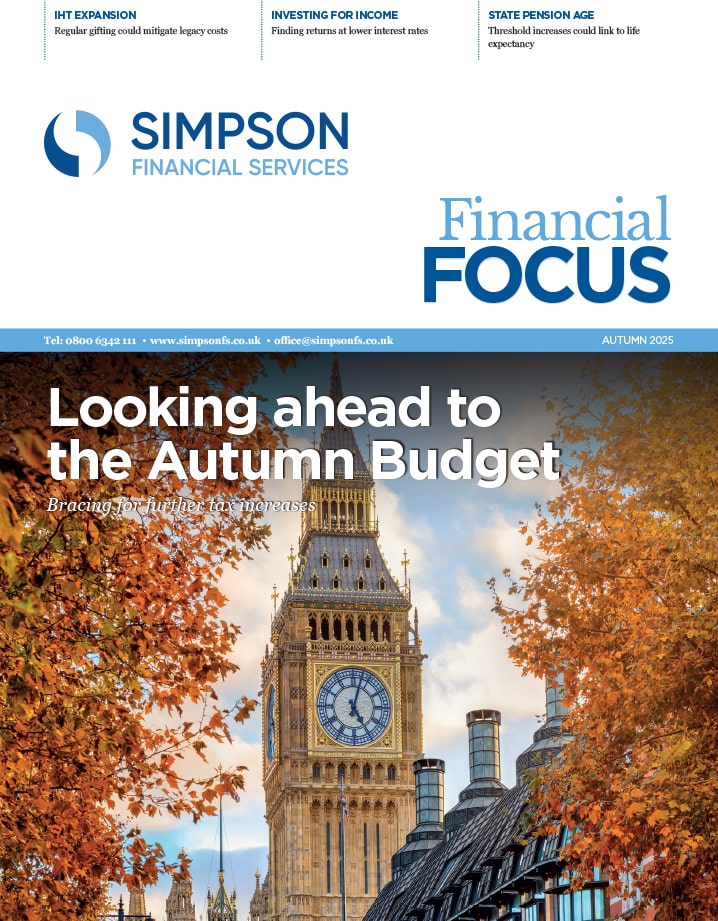7 ways to help your children understand the value of money!
As it’s ‘National teach your children how to save day’ 2020 – it makes sense that we share with you some tips of things you can do…
- Setting a budget
Start by discussing with them their spending needs (i.e a budget). It could be a really amusing conversation. When they start to look at what they need vs what they want and categorise things they would want to spend their allowance on, they will begin to understand the importance of budgeting. For example - sweets, clothes, socialising, sports equipment etc – ask them what their favourite present would be and show them how much it would cost (This tip might also help you set their allowance too!) - Saving
Now you have decided on what their allowance is going to be (let’s assume £10 per month for this exercise) and that their favourite present costs £80 you can go through the maths with them and help them understand that if they save all their allowance for the next 8 months they will have enough money to buy themselves their dream present.
With your older children (teens in particular) who like to spend their own money but also have important outgoings like their phone bill or Netflix account, help them set up a spending tracker so they are able to work out how much they can save each month if they are careful and considerate with their money. - Borrowing
Based on the same dream present scenario above, you could offer to buy the present for your child now, but that it would mean they don’t get any allowance at all for the next 10 months (rather than 8) because you are lending them the money early, so the price they have to pay is an extra 2 lots of allowance! Watch their minds do this mental fight of good versus evil and learn that good things come to those who wait (and they won’t lose out on £20! Haha)… - Earning
It’s never a bad idea to show your children the value of money by letting them earn it for themselves! Gardening jobs, household chores, washing the car… even let them write their own price list haha you’ll be amazed how cheaply you can get all of the above done - their world of money looks very different to ours, someone I know used to get his car washed and dried for £2 (£3 for inside and out!) This not only shows them that you have to WORK for your money, but it also makes them appreciate what they have and they will spend it more wisely! - Consequences
The best way to help your child understand that everything they eat, use, play with and wear is a cost, is to explain it in a language they understand. For example, the next time your child leaves the light on, or doesn’t eat all their dinner – explain that it costs you money and if they are wasting things, then it means you won’t have as much money to give them their allowance each month. For example, you can explain that every time they don’t turn the light off means you’ll only be able to buy them X next time instead of X. If they can see how that their behaviour is directly affecting their benefits, they will think very carefully about how to get the most possible money and not waste it… a great life skill! - Reward
With consequences should come reward. They will make their mistakes and they will learn from them. However, you can also offer incentives for when they are earning money or hitting their savings goals that you will match what they save or ‘top it up’.
This will also make them appreciate your money more, because when they have had to save for months to get their share in, they will appreciate everything that goes into your money too! - Show them their assets
If they already have savings in a current account and/or savings account, when was the last time you as the responsible parent/carer checked to see if they were getting the best interest rate? Spend time with your child to find out what interest they are currently earning (check with your bank) and then do research online with them to see if any bank is offering more.
I did a check this morning and the best instant access rate for a child was just over 2%gross pa and for a junior cash ISA was 3.6% gross pa – it also shows them how important it is to be aware of where all their money is at all times, and to have some understanding on how they can help their own children in the future. (If you have any questions about setting a savings account up, let us know).
So with all of this in mind, the question I have is whether you fully understand the value of money as an adult? How do you plan for the future? and if you don’t… have you considered seeking advice from a financial planner?
Hopefully there will be lots of tips you can try in this piece for your children, but keep an eye out for my next blog which will be called ‘Financial Planning for Grown Ups…” hopefully you’ll be able to learn a thing or two from this one as well.
Until then, have a great weekend with your loved ones, and stay safe.
If you would like to discuss our services, take a look at how we can help you here or call on 0800 6342 111.
